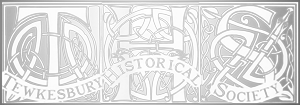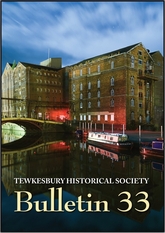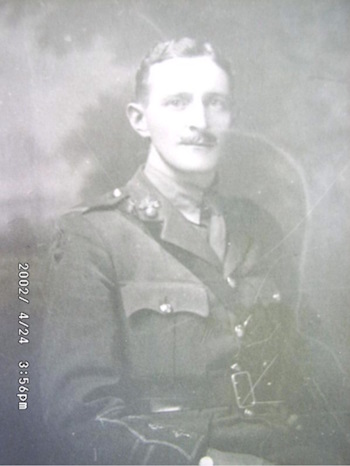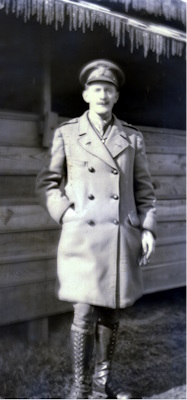Percy Baker (1880-1975)
Turning a Negative into a Positive
to Expand
Photographic archives form an important component of any social history collection. The photograph collection in Tewkesbury Museum is quite poor. Most of the museum’s photographic records relate to people and events no earlier than the 1960s. Although these are of importance, the museum crucially lacks visual records for the Victorian period and first half of the Twentieth Century. A recent digitization project in the museum, however, has revealed an important photographic record from World War I that relates to Tewkesbury-born Percy Baker.
In 1980, on the centenary of his birth, a collection of personal material relating to Percy Baker was donated to Tewkesbury Museum. This archive included annotated music sheets, music certificates, framed photographs and telegrams. These reflected his two very different lives: in his normal existence, Baker, the son of Alderman Baker, was a qualified pianist, employed to play the organ at Tewkesbury Abbey.

However, in the Great War, Baker rose to become a Lieutenant in the 24th Royal Fusiliers (City of London Regiment) where he was awarded the Military Cross for gallantry. He was later promoted to the position of Captain.
In the Baker archive there is an album of 100 Eastman film negatives 14.5 cm. by 9 cm.. These images reflect an interesting time in Percy Baker’s military career; Baker had developed particular expertise in the area of gas warfare and was asked in 1916 to train U.S. military units at Camp Hancock, Georgia. The museum digitization project has allowed these negatives to be converted into positive images and enhanced using Photoshop software. The pictures reflect both the social and professional activities of Percy Baker while in America. Of particular interest are images of American troops showing the construction of defensive trenches against gas warfare. One of Baker's trench plans still exists in the museum archive.The Eastman Negative album provides for us today a fascinating insight into the life of one the town’s military heroes of the First World War. When the peace was signed, Baker returned to his life as Abbey organist and helped to re-found the Tewkesbury Philharmonic Society.
Percy Baker died in 1975.



Comments